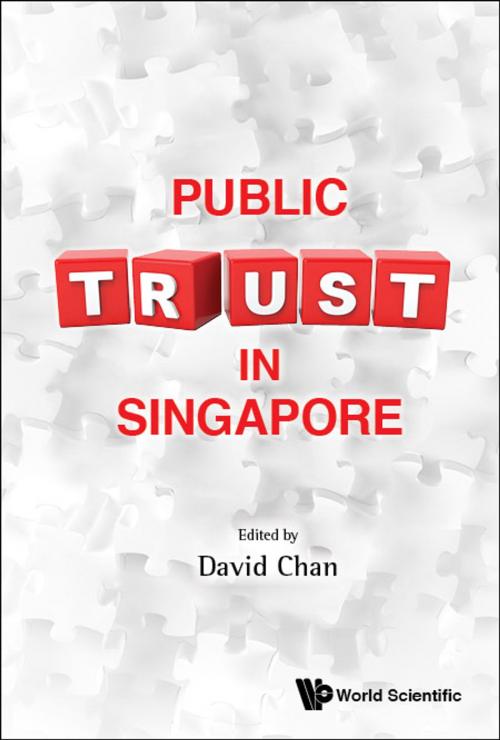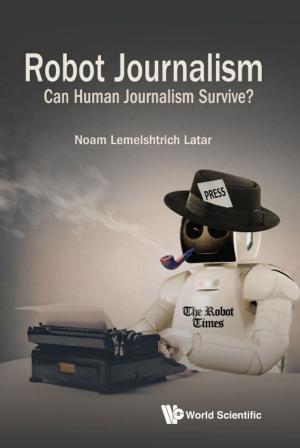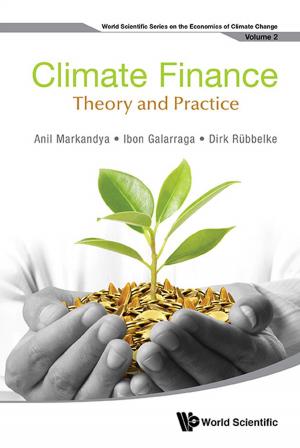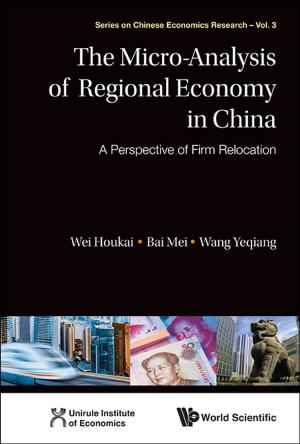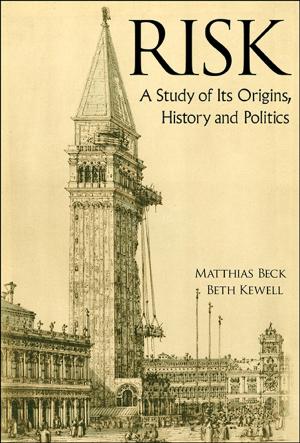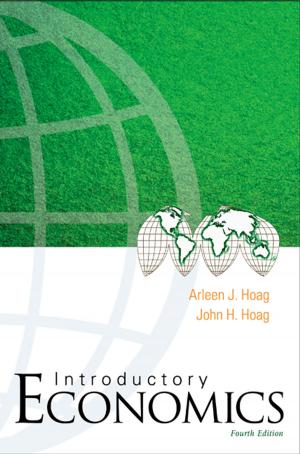Public Trust in Singapore
Nonfiction, Social & Cultural Studies, Political Science, Government, Social Policy, Social Science, Sociology| Author: | David Chan | ISBN: | 9789813279650 |
| Publisher: | World Scientific Publishing Company | Publication: | December 14, 2018 |
| Imprint: | WSPC | Language: | English |
| Author: | David Chan |
| ISBN: | 9789813279650 |
| Publisher: | World Scientific Publishing Company |
| Publication: | December 14, 2018 |
| Imprint: | WSPC |
| Language: | English |
It is clear that public trust plays a critical role in developing a vibrant economy and a strong society. A reasonably high level of public trust will enable the public, the Government, and the various organisations and groups in the different sectors in Singapore to work together to build a cohesive and adaptive community. This means a community characterised by constructive relationships embedded in positive economic, human, social, political and psychological capital.
Public trust is important because it affects how people think, feel and behave. Trust takes time to build, is easy to lose, and once lost is difficult to restore. Trust is multi-dimensional, having to do with distinct aspects relating to competence, integrity and benevolence. Trust is also dynamic — it changes over time and the direction of change is not pre-determined.
Given how critical and complex the concept of trust is, we need to have a valid and honest understanding of trust, if we want to shed light on how and why public trust changes, and how we can repair public trust violation and develop public trust in Singapore.
The book is organised into four parts. Part 1 provides an overview of issues involved in thinking about public trust. Part 2 examines public trust in the context of upholding public accountability and discusses specific issues of public transport in Singapore. Part 3 analyses the relationships linking trust to social media analytics as well as healthcare. Part 4 addresses specific questions on public trust in Singapore in terms of social harmony, race and religion, education, civil society, social inequalities, dealing with differences and disagreements, political leadership, and relationships between people and government.
This book will provide the reader new perspectives and possibilities related to questions that have become more salient in recent years as Singapore society underwent significant changes that likely impact on the nature and level of public trust.
Contents:
-
Part I:
- The Evolution of Public Trust in Singapore and The Impact of Technology (Peter Ho)
- Approaches to Public Trust in Singapore (David Chan)
- Panel Discussion 1 (Peter Ho, David Chan & Mildred Tan)
-
Part II:
- Upholding Public Accountability (Lim Soo Ping)
- Public Transport and Public Trust in Singapore (Christopher Tan)
- Panel Discussion 2 (Lim Soo Ping, Christopher Tan & Debra Soon)
-
Part III:
- Trust Issues in the National Electronic Health Record (Jeremy Lim)
- Inferring Public Sentiments from Social Media Analytics (Lim Ee Peng)
- Panel Discussion 3 (Jeremy Lim, Lim Ee Peng & Tan Kian Hoon)
-
Part IV:
- Closing Panel Discussion (Chua Mui Hoong, Laurence Lien, Zainul Abidin Rasheed, Kanwaljit Soin & David Chan)
Readership: General public, civil servants, NGOs, academics, school teachers; researchers and students specializing in social responsibility courses.
Key Features:
- This is the first comprehensive volume that examines the various social and behavioural issues concerning public trust in Singapore. These issues have continuously received wide public and policy attention both in and outside Singapore
- The speakers and panelists are leaders in their respective areas and they approach the topic by providing an informative review, presenting a state-of-the-art analysis, identifying critical unresolved issues and proposing innovative solutions to the problems identified
- The speakers and panelists are very well-known locally and internationally, including academics, practitioners and public intellectuals. The wealth and diversity of experience, reputation and influence of this set of authors will provide a very wide reach and multiplier effect in the readership market
- The book, based on the presentations and panel discussions in the BSI Conference held in February 2018, is written in an active style which will make it highly engaging for the reader
It is clear that public trust plays a critical role in developing a vibrant economy and a strong society. A reasonably high level of public trust will enable the public, the Government, and the various organisations and groups in the different sectors in Singapore to work together to build a cohesive and adaptive community. This means a community characterised by constructive relationships embedded in positive economic, human, social, political and psychological capital.
Public trust is important because it affects how people think, feel and behave. Trust takes time to build, is easy to lose, and once lost is difficult to restore. Trust is multi-dimensional, having to do with distinct aspects relating to competence, integrity and benevolence. Trust is also dynamic — it changes over time and the direction of change is not pre-determined.
Given how critical and complex the concept of trust is, we need to have a valid and honest understanding of trust, if we want to shed light on how and why public trust changes, and how we can repair public trust violation and develop public trust in Singapore.
The book is organised into four parts. Part 1 provides an overview of issues involved in thinking about public trust. Part 2 examines public trust in the context of upholding public accountability and discusses specific issues of public transport in Singapore. Part 3 analyses the relationships linking trust to social media analytics as well as healthcare. Part 4 addresses specific questions on public trust in Singapore in terms of social harmony, race and religion, education, civil society, social inequalities, dealing with differences and disagreements, political leadership, and relationships between people and government.
This book will provide the reader new perspectives and possibilities related to questions that have become more salient in recent years as Singapore society underwent significant changes that likely impact on the nature and level of public trust.
Contents:
-
Part I:
- The Evolution of Public Trust in Singapore and The Impact of Technology (Peter Ho)
- Approaches to Public Trust in Singapore (David Chan)
- Panel Discussion 1 (Peter Ho, David Chan & Mildred Tan)
-
Part II:
- Upholding Public Accountability (Lim Soo Ping)
- Public Transport and Public Trust in Singapore (Christopher Tan)
- Panel Discussion 2 (Lim Soo Ping, Christopher Tan & Debra Soon)
-
Part III:
- Trust Issues in the National Electronic Health Record (Jeremy Lim)
- Inferring Public Sentiments from Social Media Analytics (Lim Ee Peng)
- Panel Discussion 3 (Jeremy Lim, Lim Ee Peng & Tan Kian Hoon)
-
Part IV:
- Closing Panel Discussion (Chua Mui Hoong, Laurence Lien, Zainul Abidin Rasheed, Kanwaljit Soin & David Chan)
Readership: General public, civil servants, NGOs, academics, school teachers; researchers and students specializing in social responsibility courses.
Key Features:
- This is the first comprehensive volume that examines the various social and behavioural issues concerning public trust in Singapore. These issues have continuously received wide public and policy attention both in and outside Singapore
- The speakers and panelists are leaders in their respective areas and they approach the topic by providing an informative review, presenting a state-of-the-art analysis, identifying critical unresolved issues and proposing innovative solutions to the problems identified
- The speakers and panelists are very well-known locally and internationally, including academics, practitioners and public intellectuals. The wealth and diversity of experience, reputation and influence of this set of authors will provide a very wide reach and multiplier effect in the readership market
- The book, based on the presentations and panel discussions in the BSI Conference held in February 2018, is written in an active style which will make it highly engaging for the reader
